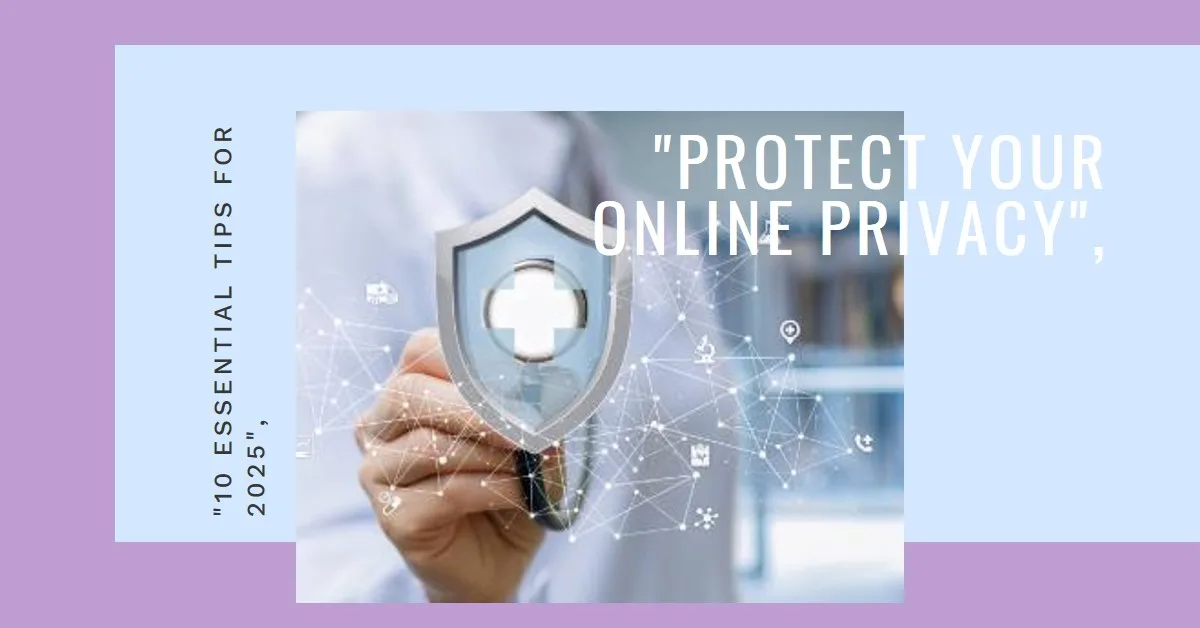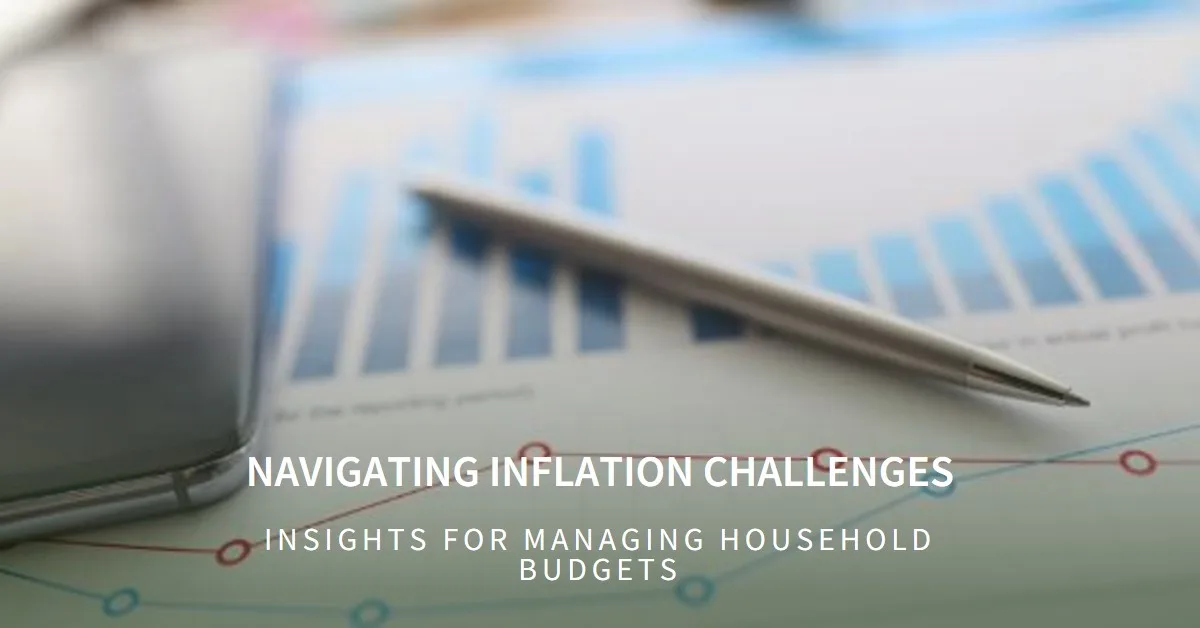
In a world where technology is deeply embedded in our daily lives, safeguarding your online privacy has never been more critical. As cyber threats evolve, the need for robust online privacy measures becomes essential. In 2025, protecting your personal information isn’t just about avoiding spam emails; it’s about securing your digital identity from cybercriminals, intrusive ads, and even large corporations. Here are ten effective ways to protect your online privacy in 2025:

10 Ways to Protect Your Online Privacy in 2025
Stay Secure in the Digital Age with These Expert Tips
1. Use Strong and Unique Passwords
Passwords are your first line of defense online. In 2025, relying on simple or reused passwords is a recipe for disaster. Use a password manager to generate and store strong, unique passwords for each account. Ensure your passwords are at least 12 characters long and include a mix of uppercase, lowercase, numbers, and special symbols.
Tip: Enable two-factor authentication (2FA) wherever possible for an additional layer of security.
2. Enable Multi-Factor Authentication (MFA)
MFA goes beyond 2FA by requiring multiple forms of verification, such as a password, a fingerprint, or a security token. It’s one of the most effective ways to secure your accounts. With biometric technology advancing in 2025, many platforms now support fingerprint, facial recognition, or voice authentication.
Why it matters: Even if someone guesses your password, they can’t access your account without the second or third layer of verification.
3. Update Software Regularly
Outdated software can expose you to vulnerabilities that hackers exploit. Whether it’s your smartphone, laptop, or even your smart fridge, keeping your software up-to-date ensures you have the latest security patches.
Pro Tip: Enable automatic updates for all your devices and applications to ensure you don’t miss critical patches.
4. Use Encrypted Messaging Apps
Regular text messages and emails are not as secure as encrypted messaging platforms. In 2025, apps like Signal, WhatsApp (with end-to-end encryption), and Telegram offer secure communication channels.
What to look for: Ensure the app you choose uses end-to-end encryption and has a good reputation for privacy practices.
5. Browse with a Virtual Private Network (VPN)
A VPN hides your IP address and encrypts your internet connection, ensuring that your online activities remain private. Whether you’re using public Wi-Fi or browsing from home, a VPN is essential for preventing data tracking and ensuring anonymity online.
Key features to consider: Look for VPNs that don’t log your activity and provide high-speed servers.
6. Limit Social Media Sharing
Oversharing on social media can make you an easy target for cybercriminals and identity thieves. In 2025, platforms like Facebook, Instagram, and LinkedIn collect vast amounts of data, often shared with third parties.
How to protect yourself:
- Regularly review and update your privacy settings.
- Avoid sharing sensitive information like your location, phone number, or personal schedules.
- Be mindful of what you post and who can see it.
7. Use Privacy-Focused Browsers and Search Engines
Mainstream browsers and search engines often track your activity to serve ads. Privacy-focused alternatives like Brave, DuckDuckGo, and Firefox offer better protection against tracking.
Bonus: Pair these browsers with tracker-blocking extensions like uBlock Origin or Privacy Badger for enhanced security.
8. Be Cautious with Smart Devices
From smart speakers to wearable devices, the Internet of Things (IoT) has made life more convenient but also more vulnerable to privacy breaches. Many smart devices collect more data than necessary, often without your knowledge.
Tips for IoT security:
- Disable unnecessary features like location tracking and voice recording.
- Regularly update the firmware on your devices.
- Place smart speakers in less sensitive areas, avoiding bedrooms and bathrooms.
9. Avoid Phishing Scams
Phishing remains one of the most common methods hackers use to steal personal information. These scams are becoming more sophisticated, often appearing as legitimate emails, texts, or websites.
How to spot phishing attempts:
- Check the sender’s email address carefully.
- Avoid clicking on suspicious links or downloading unexpected attachments.
- Use anti-phishing tools and plugins for added protection.
10. Regularly Monitor Your Online Presence
In 2025, it’s essential to know what’s being said or shared about you online. Google yourself periodically to find out what information is publicly available. Use tools like Google Alerts to stay informed about mentions of your name, email, or other personal details.
Why it’s important: Monitoring your digital footprint helps you spot unauthorized use of your information and take timely action.
Bonus Tip: Educate Yourself and Others
Online privacy is an ongoing journey. Stay updated on the latest cybersecurity trends and share your knowledge with friends and family to create a safer digital environment for everyone.
Final Thoughts
Protecting your online privacy in 2025 requires a proactive approach. From using strong passwords and encryption tools to staying vigilant against phishing scams, every step you take makes a difference. By implementing these ten strategies, you can enjoy a safer, more secure digital life.
Remember, your privacy is your responsibility. Start today and make it a priority for a more secure future online.











